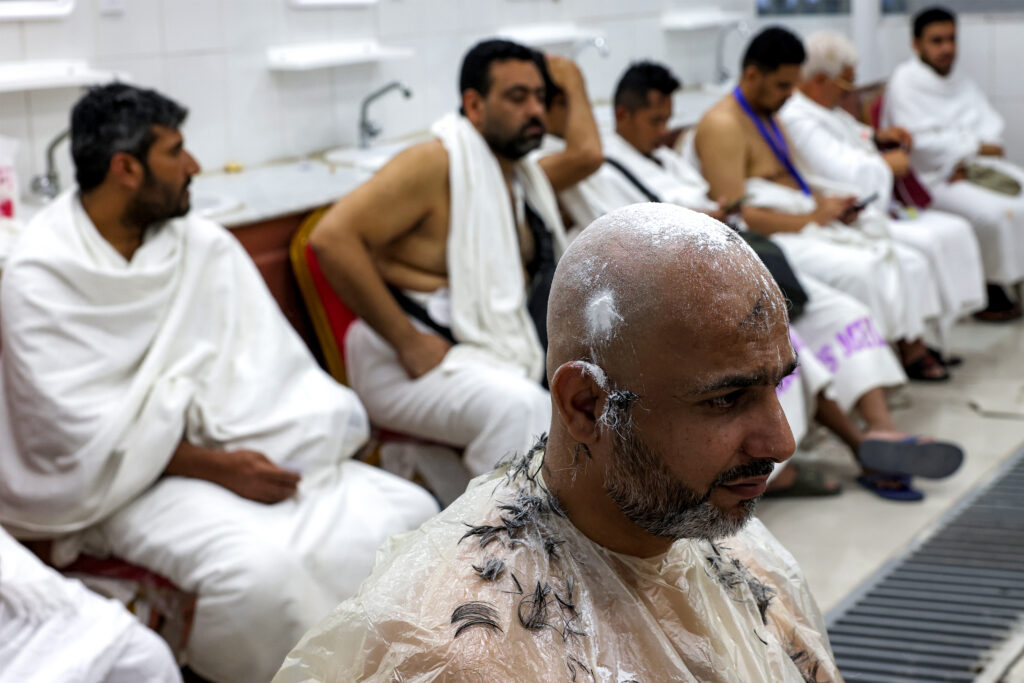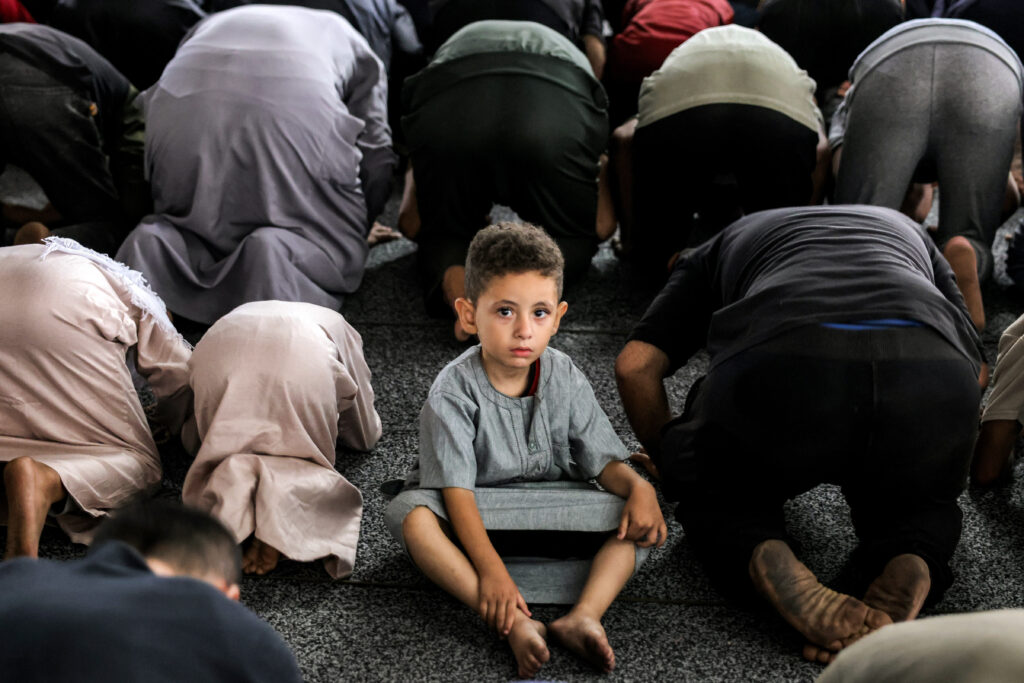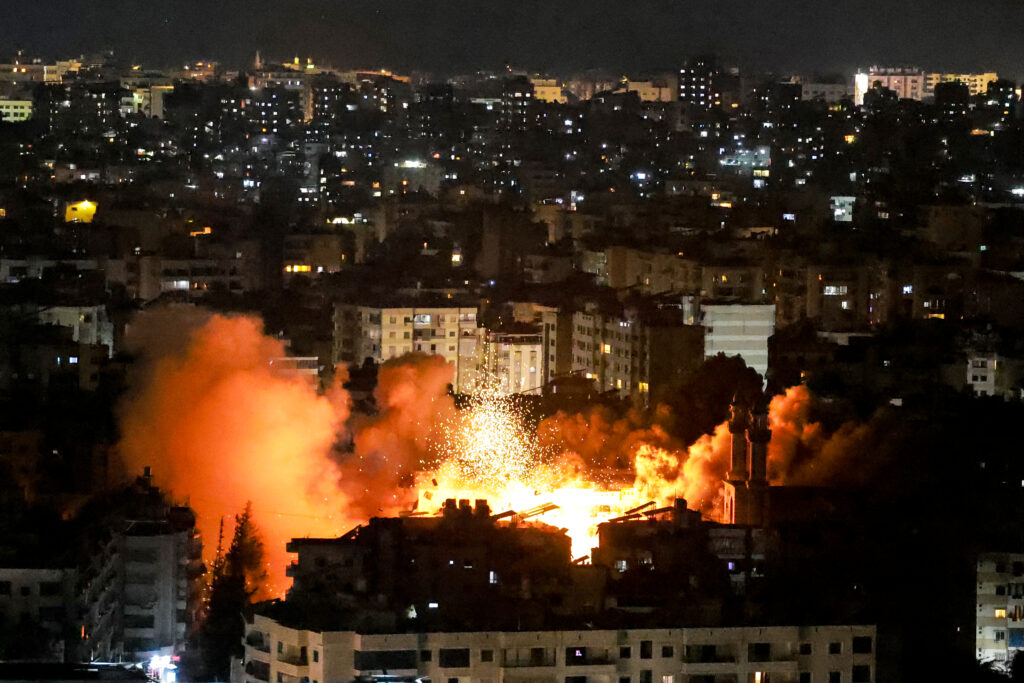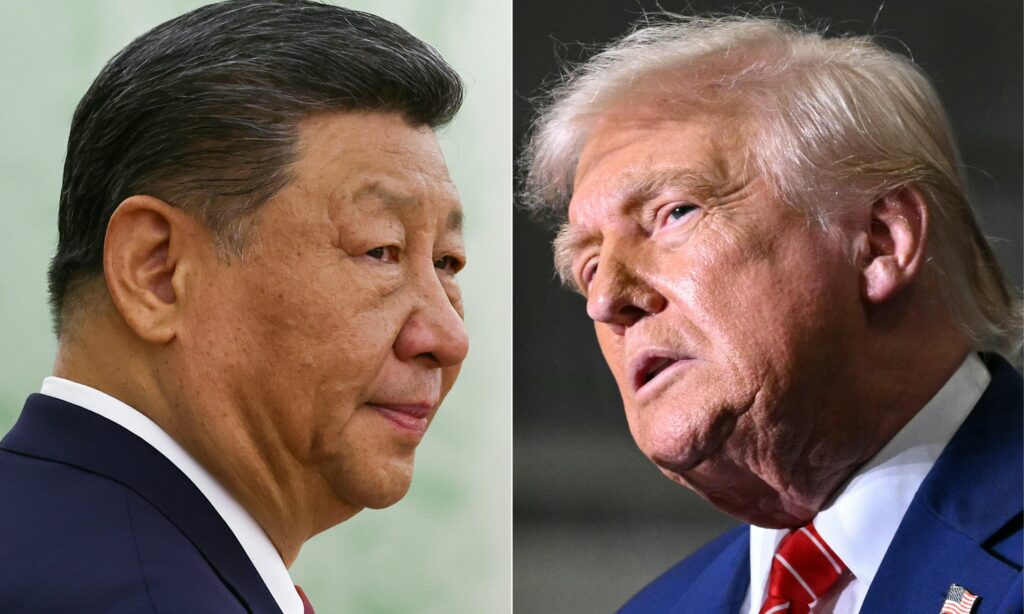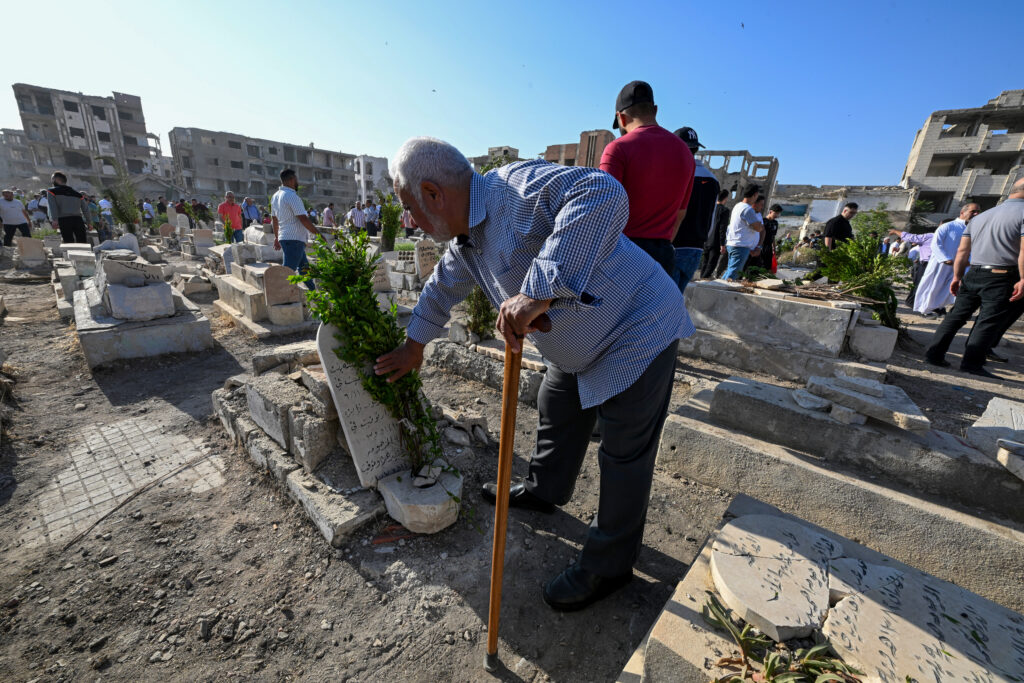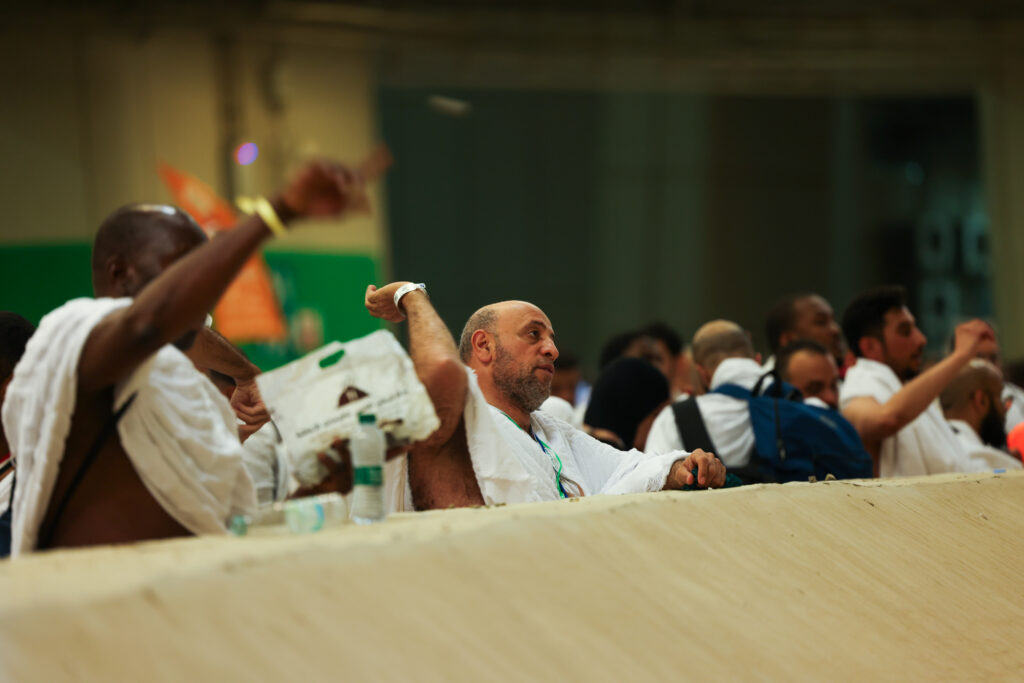Inside Saudi’s hajj-only barbershop, shaving thousands of heads in a day
Near the holy city of Mecca, men in white robes stand quietly in a long queue, waiting for the next important act of their hajj pilgrimage: a haircut.Shaving or cutting the hair comes near the end of the hajj, and marks the moment when pilgrims can change out of the Ihram clothing that signifies purity and devotion.The barbershop, strategically positioned by the Jamarat complex in Mina, where the “stoning of the devil” ritual took place on Friday, opens exclusively for the annual hajj and does a roaring trade.On the pilgrimage’s third day, which coincides with the major festival of Eid al-Adha, its barbers typically handle 6,000 customers, said manager Imad Fawzi, an official employed by the hajj organisation.Inside, men in plastic aprons wield electric clippers and cut-throat razors, shearing scalps on an industrial scale for 60 riyals ($13) per head.Despite the rush — there are so many customers that an usher is required — Ahmed, a 28-year-old barber from Egypt, is happy in his work.”This is a very simple thing to do, but it brings us so much joy,” he says.”We’re happy to serve the pilgrims… and to be able to work in a holy place,” he said.Fawzi, who grew up in Mecca, called himself a “child of the hajj”.”I’ve been working in hajj since I was seven,” he says.- ‘This outfit is exhausting’ -The once-a-year hairdresser is not the only place for a cut: parts of Mecca and the plain of Mina, on its outskirts, turn into an open-air barbershop at this stage of the hajj.Leaving the Jamarat, a southeast Asian man took out a razor and started scraping the back of his head as he walked. Further down the street, a group of African men were shaving each other with clippers.In Mecca, entire streets are lined with barbershops doing brisk business. While men shave their hair, women trim theirs by a fingertip-length.About 1.6 million pilgrims have gathered in and around Mecca, Islam’s holiest city, for this year’s hajj, which all Muslims with the means must complete at least once.Outside the Jamarat barbershop, Hani Abdel Samih is looking forward to changing out of the wrap-around skirt and shawl he has been wearing for the past three days.”The stoning of the devil at Jamarat requires great effort and we’ve been wearing these clothes all day,” he said.”We wanted to wear our everyday clothes and be comfortable, so we went to the nearest barbershop we could find after the Jamarat,” said the Egyptian.Yet his face was beaming with joy. He said he did not mind the wait for a haircut that bears a special place in his spiritual journey.”I’m excited, of course! Because this is Sunnah from the Prophet, peace be upon him,” he said, referring to the teachings of the Prophet Mohammed.”We like (this ritual) and we cannot break it,” he said.The hajj retraces the Prophet’s last pilgrimage, with rites at Mecca’s Grand Mosque and Mount Arafat before “stoning the devil” — throwing pebbles at three giant walls at Jamarat.
